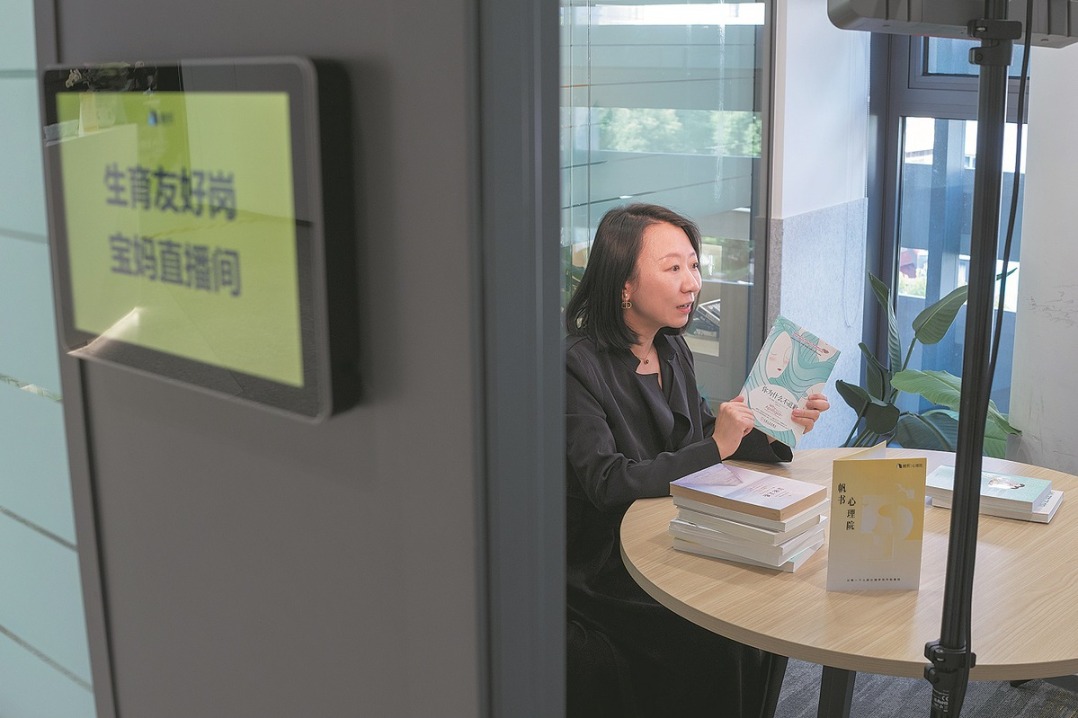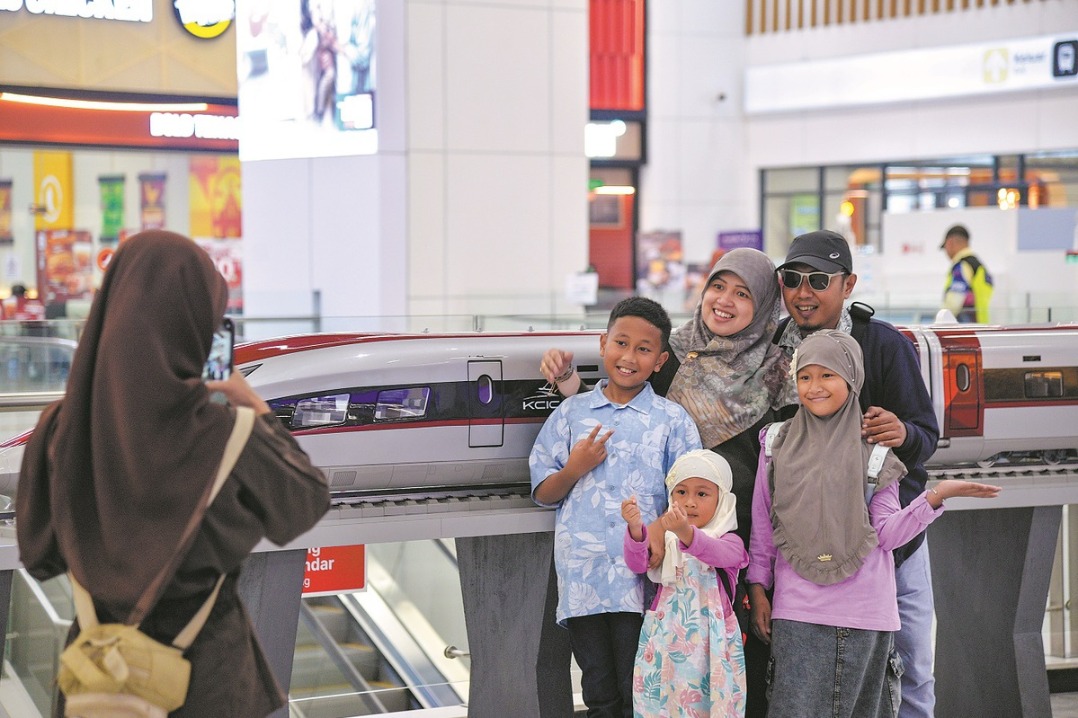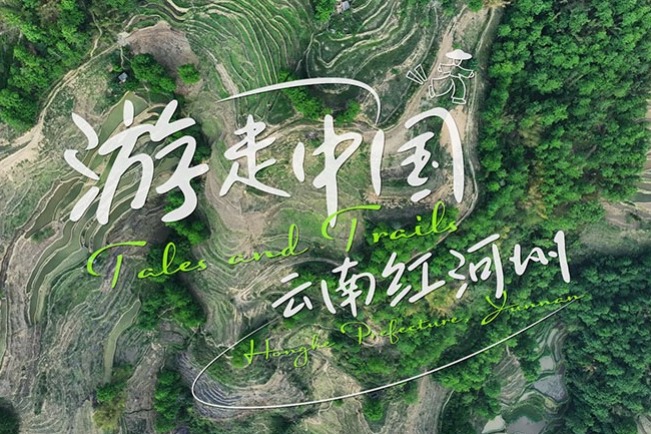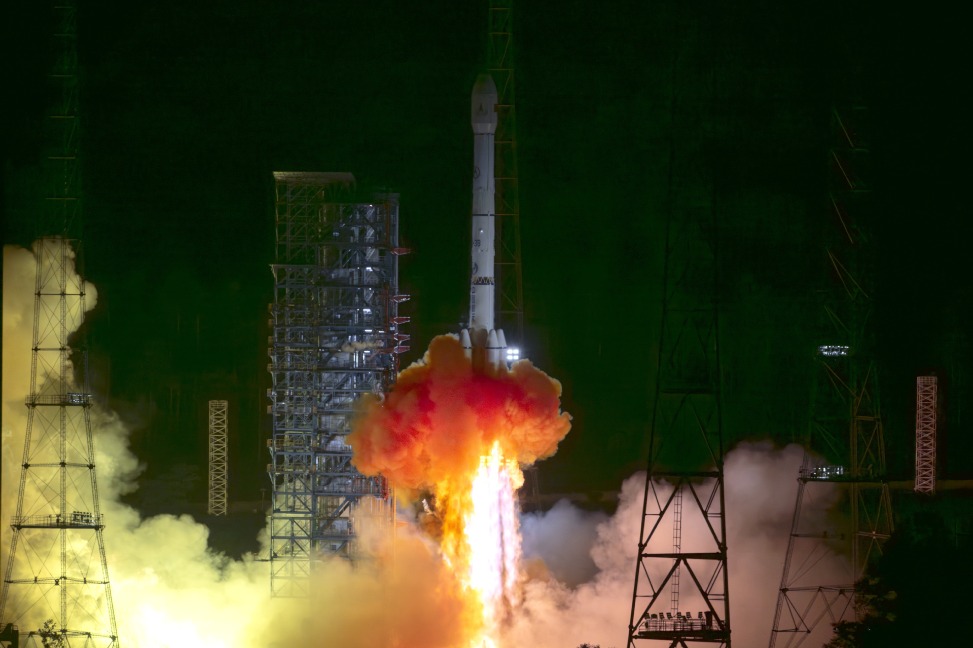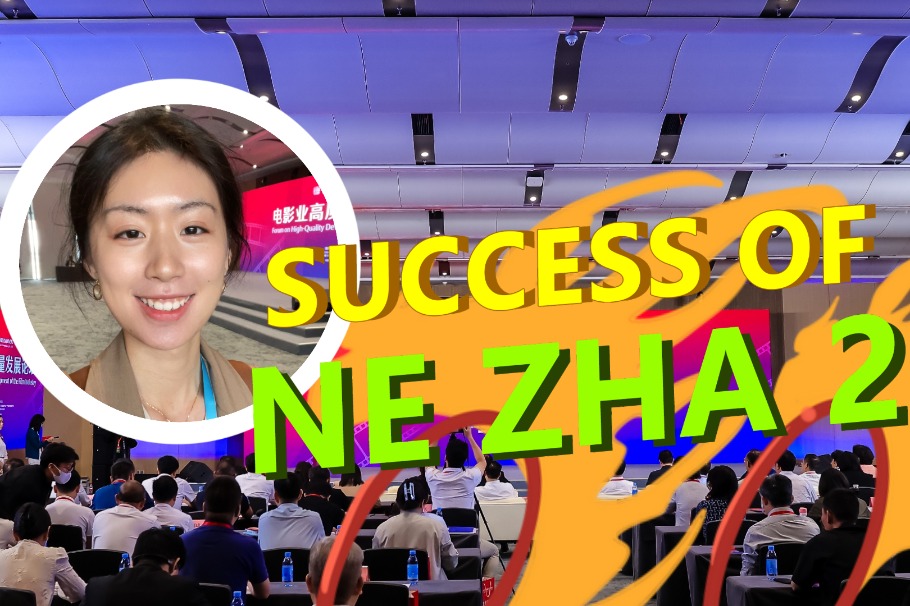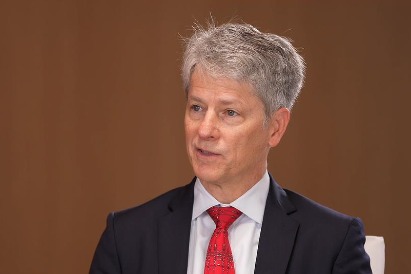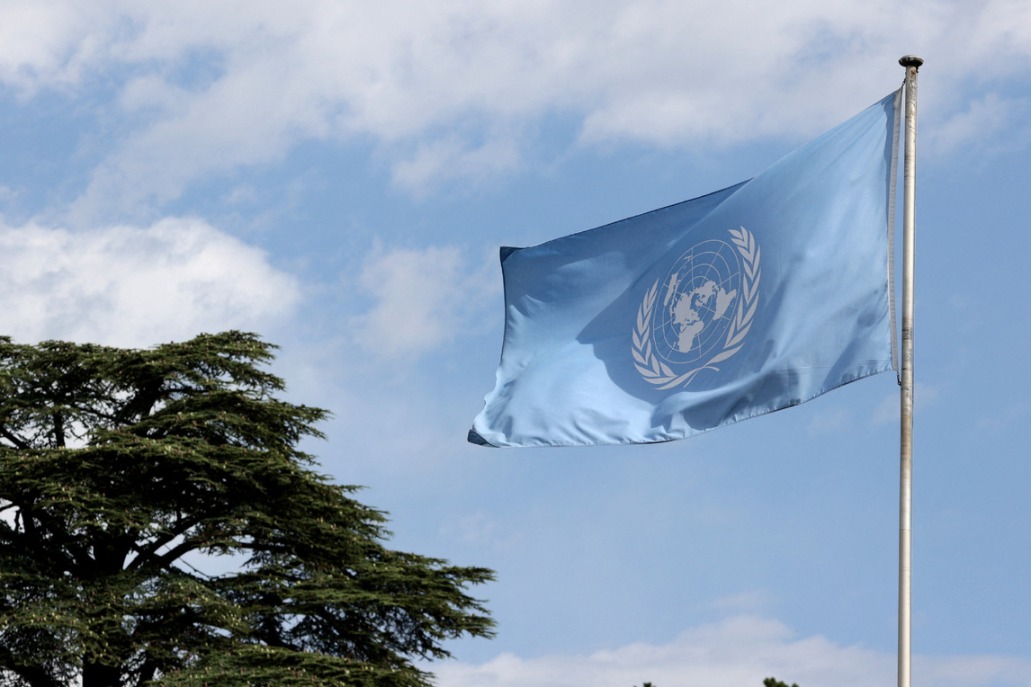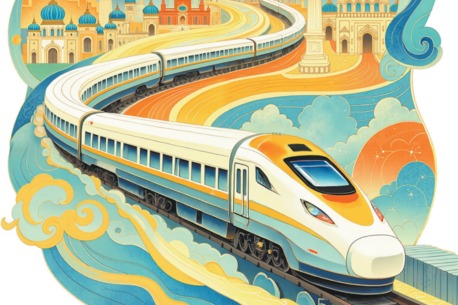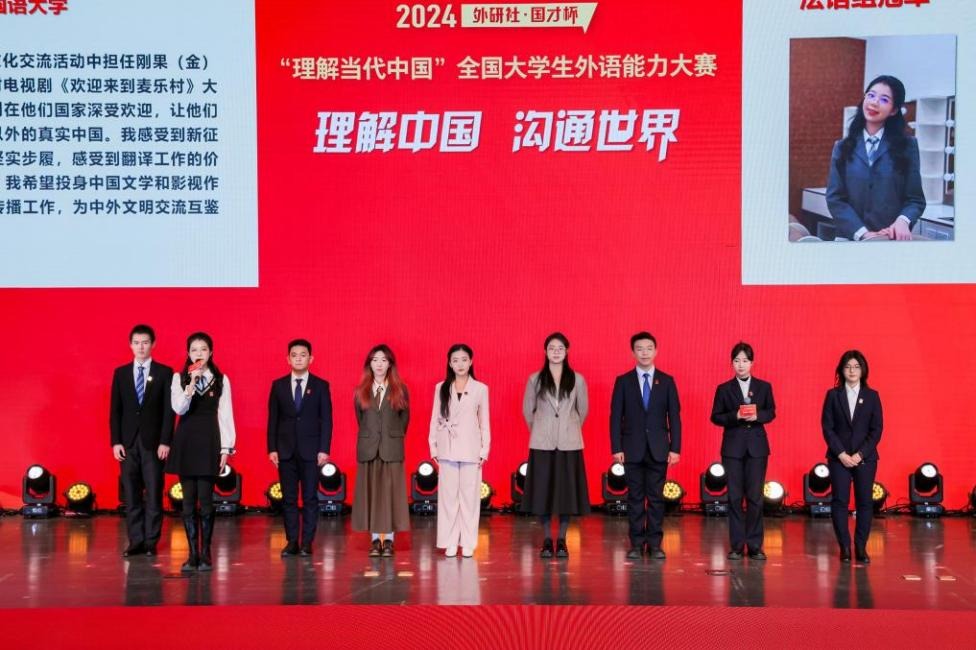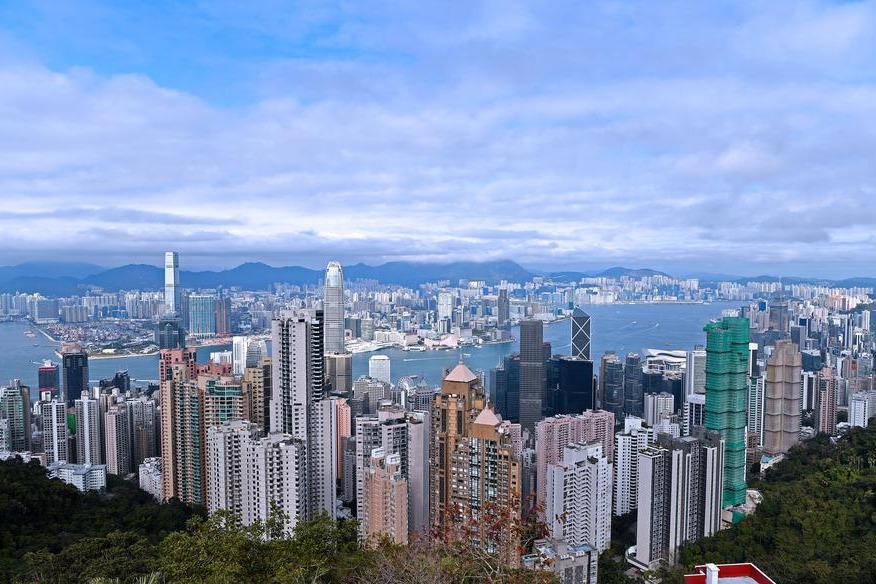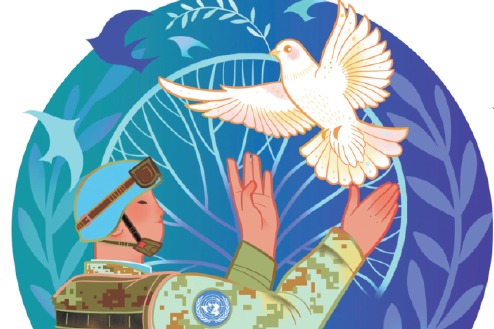Embracing diversity

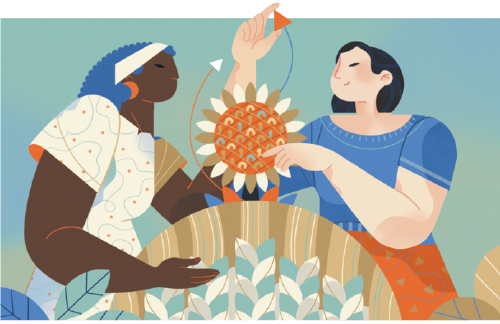
Safeguarding the multilateral trading system is not just an economic imperative but a profound moral undertaking
The multilateral trading system, championed by institutions such as the World Trade Organization, has long served as a cornerstone of global economic stability and development. Yet today, rising protectionism, geopolitical tensions and uneven growth threaten to fracture the very framework designed to keep nations together.
In this challenging context, multiculturalism offers both a normative compass and a practical road map for strengthening trust among diverse partners. Multiculturalism, first incorporated in international law after World War II to safeguard plurality, has proven essential for sustainable international cooperation.
From the Declaration on Race and Racial Prejudice to the Universal Declaration on Cultural Diversity, postwar deliberations highlight the importance of respecting diversity. Just as Hellenistic kingdoms and Silk Road cities once wove together Greek, Persian, Indian and Chinese influences into vibrant tapestries of commerce and ideas, today's China-Africa partnership demonstrates how plural identities can fuel shared prosperity rather than division.
A truly resilient trading system does more than enforce tariffs and quotas — it embeds principles of cultural respect, equity and inclusion into every agreement.
To achieve this, three pillars must be upheld. First, rule-based trade governance with cultural safeguards is essential. This means reaffirming WTO principles not only to prevent discriminatory trade measures but to ensure that dispute resolution respects legal traditions and norms across regions.
Second, inclusive development policies rooted in pluralism are crucial. Tariff schedules and technical assistance programs must recognize the unique economic trajectories of developing economies. Supporting vocational training and digital literacy in local vernaculars reinforces the idea that technological advancement need not demand cultural homogenization.
Third, digital and green trade cooperation can serve as powerful vectors of cultural exchange. Leveraging "green corridors" and e-commerce platforms can circulate clean technology solutions alongside local artisanal products, blending global best practices with traditional knowledge. Promoting cross-border data flows under privacy standards calibrated to diverse cultural norms safeguards individual freedoms while enabling innovation.
China's engagement with Africa exemplifies how respecting and integrating cultural and economic diversity can underpin large-scale development, resonating with Horace Kallen's early 20th-century vision of "cultural pluralism", where distinct communities contribute their strengths to a larger whole.
Over the past decade, China has been Africa's largest trading partner, with bilateral trade surpassing $282 billion in 2023. Yet these figures capture only part of the story.
The Forum on China-Africa Cooperation has institutionalized these exchanges, negotiating agreements that reflect not only economic targets but also cultural memoranda — language training, artistic exchanges and heritage site conservation.
Under the Belt and Road Initiative, infrastructure projects such as the Addis Ababa-Djibouti and Mombasa-Nairobi railways do more than move goods; they traverse regions inhabited by dozens of ethnic groups, requiring participatory planning that acknowledges land use customs and traditional authorities.
Special economic zones and industrial parks have been co-designed with local stakeholders, whose artisans, engineers and regulators infuse Chinese methodologies with African ingenuity.
Digital partnerships — 5G pilot projects, mobile money platforms and e-Health networks — are rolled out in multiple languages, ensuring that no demographic is digitally disenfranchised.
China's hybrid rice technology and drip irrigation systems are adapted in collaboration with African agronomists, blending millennia of local farming wisdom with modern agritech.
The result is not a one-size-fits-all solution but a mosaic of regionally tailored practices. COVID-19 vaccine deliveries were accompanied by joint training for healthcare workers across linguistic groups, underscoring that medical solidarity must transcend cultural and linguistic divides.
Scholarships for African students in Chinese universities, such as those offered by Peking University's Institute of South-South Cooperation and Development, foster cross-cultural networks, preparing a generation of leaders fluent in both the languages and values of their partner nations.
Effective global governance demands policy coordination aligned with cultural agendas. Linking China's BRI with Africa's Agenda 2063 and cultural diversity benchmarks of the United Nations Educational, Scientific and Cultural Organization ensures that each megaproject is evaluated not only for economic returns but for its impact on heritage and social cohesion.
The collaboration on BRI and Agenda 2063 needs two-way efforts both from China and Africa. There are exemplary commitments for multilateralism in Africa, such as the founding role of Ethiopia in the UN and the African Union, together with its active involvement in AfCFTA and BRICS. And yet, more creative and broader commitment of Africa for the common cause of enhancing BRI-Agenda 2063 collaboration is needed.
Institutional mechanisms for ongoing dialogue are equally important. Expanding FOCAC-style forums to include rotating cultural commissioners, civil society representatives, and youth delegates guarantees that implementation reflects the voices of all stakeholders. Fair and balanced partnerships require rejecting zero-sum assumptions and framing cooperation as a "win-win" that values both Chinese and African knowledge systems, mirroring the postwar principle that cultural differences are an asset, not a threat.
Concrete steps must be taken by each actor in the global ecosystem. Strengthening regional cultural networks, such as the AU's Division of Culture, helps standardize best practices in heritage preservation and multilingual education. Leveraging SDG 17 (Partnerships for the Goals) to negotiate development finance that explicitly ties climate, trade and cultural objectives is also crucial. China should embed multicultural metrics in the BRI and FOCAC evaluation frameworks, tracking not only physical achievements but also the number of local languages used in stakeholder consultations.
Expanding South-South cultural exchange programs beyond scholarships to include joint museum curatorship, film festivals and pilgrimages to heritage sites would further deepen connections. The rest of the world and global multilateral institutions should reform WTO negotiations to include a dedicated "Cultural Diversity" chapter, recognizing that trade liberalization must coexist with protections for small-scale, traditional producers.
Mobilizing multilateral development banks to underwrite pilot projects that blend green infrastructure with community-led cultural initiatives can drive inclusive growth. Elevating UNESCO's role within the UN system ensures that every SDG review process evaluates progress on cultural inclusion as rigorously as on poverty, health and education. Finally, fostering a global multicultural forum — parallel to the G20 — that brings together ministers of culture, trade and digital affairs from all regions can set norms for inclusive, pluralistic cooperation.
Safeguarding the multilateral trading system is not just an economic imperative but a profound moral undertaking: it affirms our shared commitment to a world where no culture or economy is marginalized and no community is left behind.
From the ancient Silk Road's bustling bazaars to the modern rail lines of Mombasa-Nairobi, history demonstrates that diversity is the engine of innovation, resilience and global peace. By weaving multicultural principles into the fabric of global trade — through well-governed partnerships such as China-Africa cooperation, robust rule-based systems and targeted and tailor-made SDG-driven policies — we can build an inclusive, sustainable future that honors the promise of pluralism enshrined 50 years ago and lived by countless generations before us.
The author is a PhD student at Peking University, ex-state minister of planning and development of Ethiopia, and vice-chairman and Africa Chapter president of the World Rural Tourism Council. The author contributed this article to China Watch, a think tank powered by China Daily. The views don't necessarily reflect those of China Daily.
Contact the editor at editor@chinawatch.cn.
















